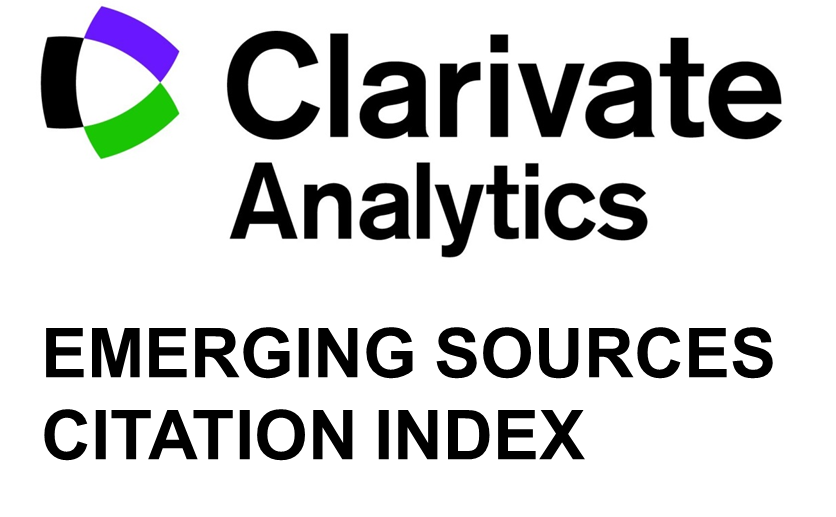Students’ perception of the importance of soft skills in the business context of Hungary and Serbia
DOI:
https://doi.org/10.5937/StraMan2400021SKeywords:
Soft skills, Innovative thinking soft skills, Business agile soft skills, Spearman correlation, Serbia, HungaryAbstract
Background: Soft skills have a considerable influence on the personal and professional development of future employees, affecting employment opportunities and work success.
Purpose: The aim of the empirical analysis described in this paper is to define the groups of key soft skills in the business context of Hungary and Serbia. The obtained results aid the creation of a unique methodology in soft skills teaching and assessment at the universities of these neighbouring countries with a high potential for mutual transfer of students and workforce.
Study design/methodology/approach: Authors performed factor analysis and Spearman's correlation on a sample of 906 students during 2023 from the Budapest Business University, Hungary and from the University of Novi Sad, Serbia.
Findings/conclusions: Based on the obtained results, it was determined that there are three groups of skills most crucial for the employer. The group of business agility skills includes leadership, entrepreneurial, team and time management skills. People skills are: IT skills, language skills, empathy, appearance, ethical and moral skills, presentation skills. The group of innovative thinking skills includes: strategic thinking, creativity and problem-solving skills. Spearman's correlation indicated that there was a statistically significant positive correlation between students' perception on the possibility that they can learn all the mentioned soft skills groups during higher education, as well as a statistically significant negative correlation with the willingness to pay for extra courses in the field of the mentioned soft skills groups.
Limitations/future research: The first limitation is geographical focus of our sample and the second limitation of the study is that we examined the importance of soft skills solely from the students' perspective. In the future, such research should be obtained in all neighbouring countries, as well as through employee survey.
Downloads
Published
Issue
Section
License
Copyright (c) 2025 Maja Strugar Jelača, Agneš Slavić, Tímea Juhász , Tamás Gáspár

This work is licensed under a Creative Commons Attribution 4.0 International License.













